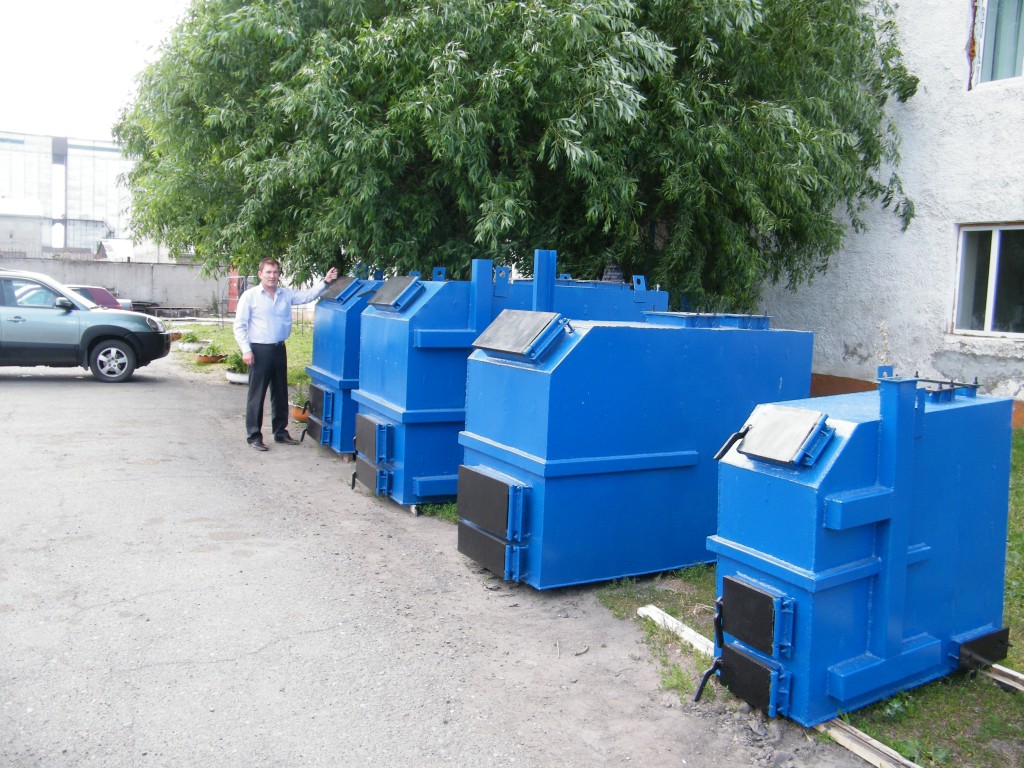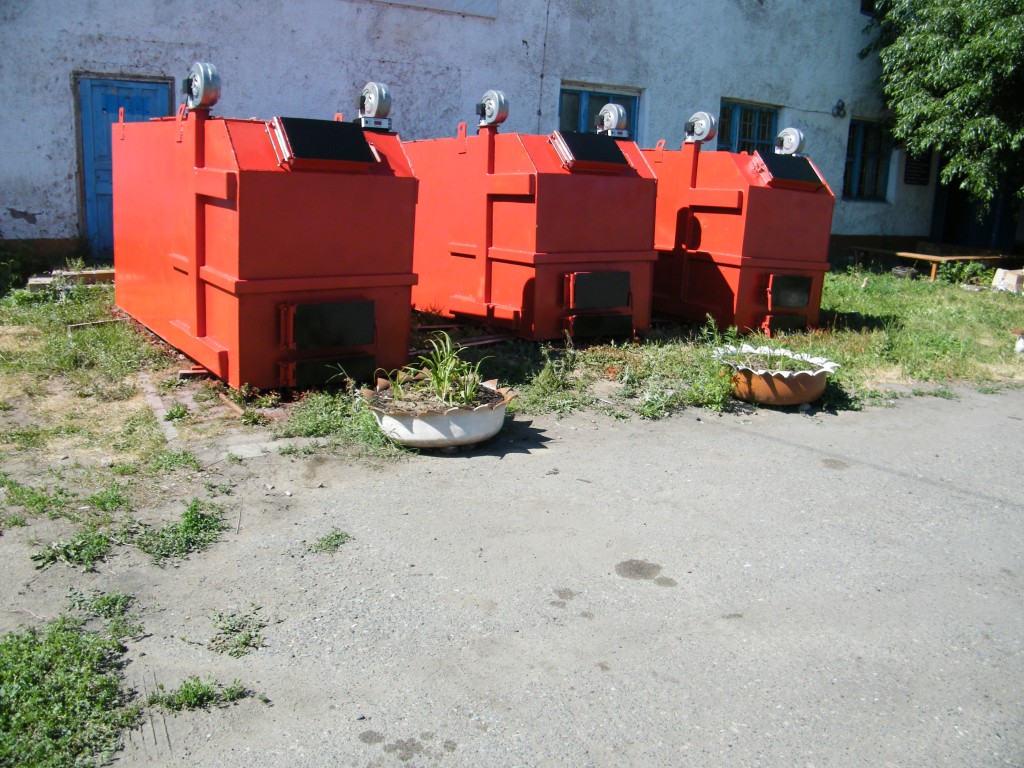ASTANA – Three projects supported by the Technology Commercialisation Centre (TCC) in Astana have already signed commercial contracts in what TCC representatives call the project’s first real deals, which they say are coming in ahead of schedule.
The three projects’ deals are “signed, done and in the bank,” said TCC Lead Expert Erik Azulay in an interview with this newspaper on April 24. “The projects are meant to go anywhere from six months to a year and a half, depending on the funding and stage of development, so we didn’t really expect to see the concrete, specific market results until fall or the end of the year. Fortunately, we’ve been surprised in a good way,” he said. Thanks to the work of TCC’s managers on finding industrial partners and customers, Azulay said, some projects are already entering the market. The TCC is a jointly funded effort by the government of Kazakhstan and the World Bank to support commercialisation of innovative technologies in Kazakhstan.
An improved type of furnace for heating interiors, a new type of polymer used for flushing oil wells and an additive for plasticising concrete are the TCC-supported innovations that have now had commercial success. Two of the three deals also involve licensing agreements, which Azulay pointed out is actually a significant contribution to Kazakhstan’s overall licensing landscape. Licensing allows a customer to secure access to a new technology at little or no cost upfront, but rather agreeing to share a portion of future revenues with the inventor.
Over the past decade, Kazakhstan has only averaged 10 – 15 licensing deals a year (not including trademarks) which is quite low, he said. (As a contrast, he offered Stanford University, which alone concludes 90 licensing agreements a year). “We’ve got three to four licensing deals in the pipeline right now, so the TCC programme alone would basically increase [licensing] in the whole country of Kazakhstan by about 25 percent, and we are expecting more deals by the time we finish… In that sense, the effect of this project has been very large for Kazakhstan, even though some of the deals are relatively small in immediate dollar amounts.”
To have Kazakh companies and innovators realize that licensing intellectual property is a practical and profitable way of bringing a technology to the market is a very important step for the country and will raise its visibility in the international arena.
Adina Mamarayeva is TCC’s manager on the long burning solid fuel furnace project, which only won a TCC grant in December 2014. The improved boilers can run longer on fuel and create lower levels of emissions than the standard boilers in use in Kazakhstan. The project had won a grant from the Damu Fund in 2012 to create a small prototype, but had since stalled. With TCC, the idea was to start producing market ready units for sale and to scale up the production, Mamarayeva said. The project’s first deal was signed in February, a 10 million tenge (US$53,817) deal to supply furnaces to a town in North Kazakhstan, near Petropavlosk. The first furnaces have already been installed, she reported, with positive results.
“They actually were installed in a school … they had problems with heat and one part of the school was very cold, and North Kazakhstan has very tough winters,” Mamarayeva said. They are already preparing contracts with more towns in North Kazakhstan Oblast, mostly for schools, hospitals and social organisations, she said, and they plan to sign these deals in the end of the summer.
“So the deals for us are important, but there’s a social impact as well – these are schools and hospitals where people are in need; they need to be in normal, warm rooms,” she said.
A project managed by Abylai Akhymbekov, which created a new type of polymer that is more effective at flushing old oil wells in high-saline, high temperature environments, has signed a $100,000 contract for field testing, plus a licensing deal with the oil services company Vostokneftegas-2050 LLP for future use of the technology.
The new type of polymer helps flush more oil out of nearly exhausted wells. “After the first two rounds of field trials, after 15 months of experimenting and working on the project using this polymer, they got about 11,000 tonnes more [oil] out of the well, which is worth about $5 million,” Akhymbekov pointed out. This project had also been funded previously, but was floundering. TCC saw the potential, Azulay said, and “[The project] went from a scientific research and development project that had potential to an actual deal, with real commercial success.”
The third project, a new formula for plasticising concrete, has signed a licensing agreement with a civil engineering project near Almaty. The engineering project itself has not launched yet, Azulay reported, but the deal is already in place. The new product, he said, uses local ingredients to create stronger, more flexible concrete; “world-class results,” he said. It will replace imported plasticisers. The inventor will receive a portion of the revenue from every contract of concrete produced using his additive.
Azulay credits TCC’s accelerated success to the work of the project managers, who, he said, work through questions on patents and intellectual property, negotiate deals, manage the personalities involved, help write contracts.
“Basically everything from A to Z,” he said. “And that’s what we expect our managers to do: to help these scientists who would be lost in these business details without having support.”
“I think our scientists are very surprised at the deals as well,” said Mamarayeva, “because I think they have been working with science and scientific grants their whole lives and then after 30 years, you suddenly have to do business and find someone who is really interested in your product!”
What they are doing is really new, she said. “This year, we are starting to receive calls and emails from people in the private sector saying ‘Hey, we heard about this project,’ and some people, some businessmen … said this is the first time that we’ve seen scientists doing something relevant for industry, something that could be applied in industry now, rather than in 50 years.”


